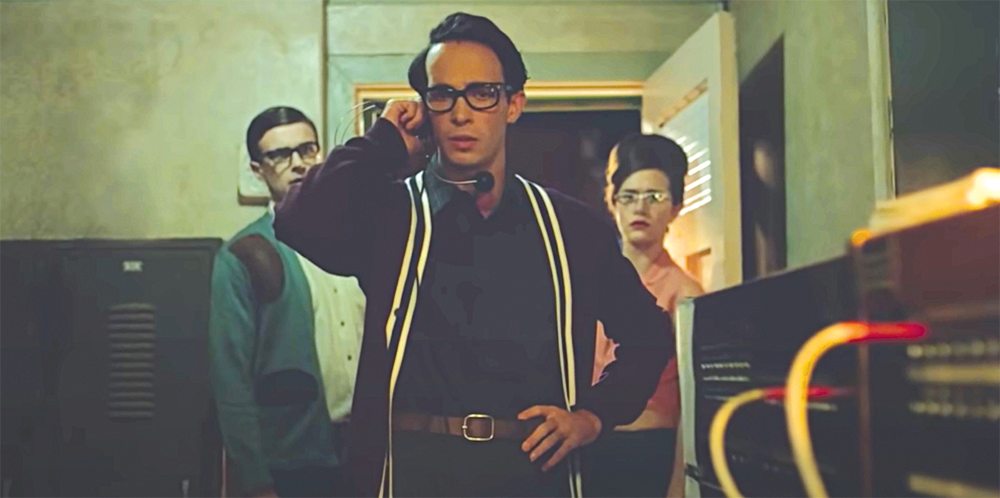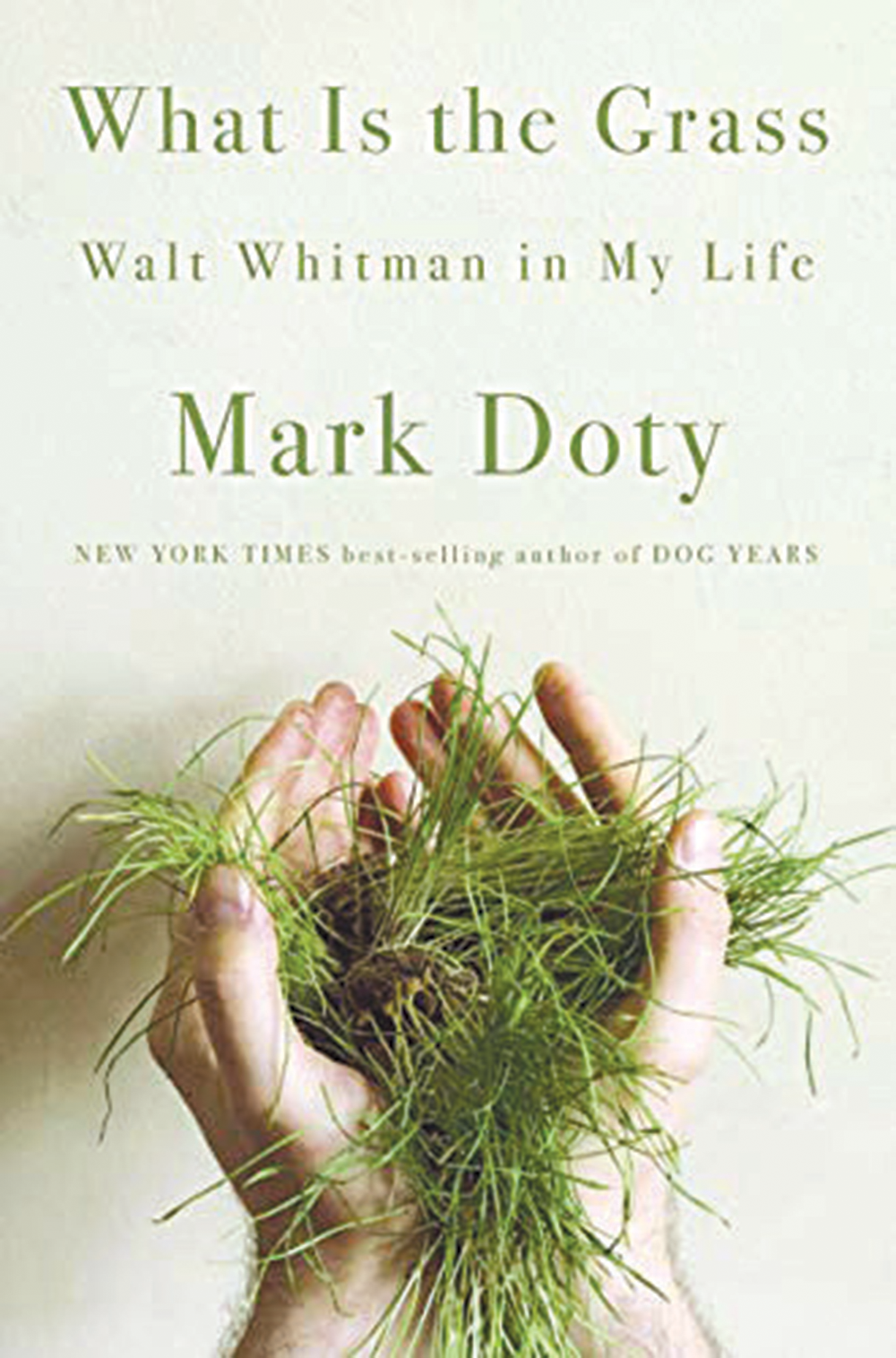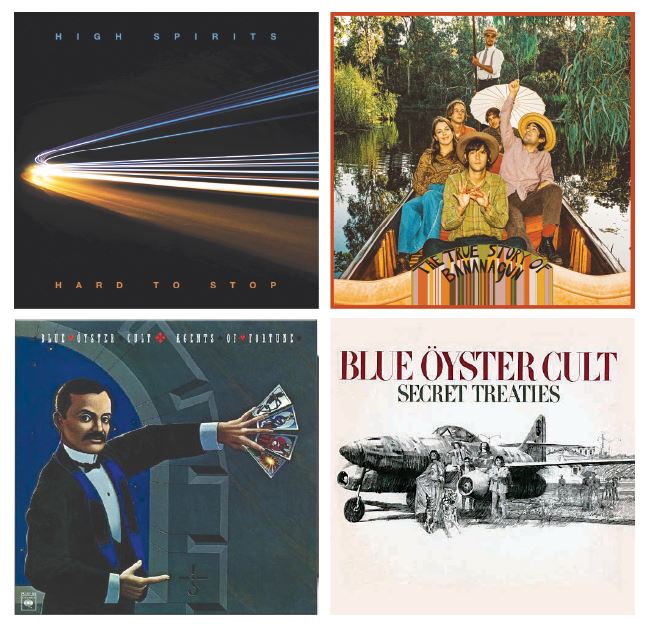High Spirits, Hard To Stop (High Roller Records)
This is one of the many projects of metal guitar god Chris “The Professor” Black, who is from Chicago. He’s an alpha type for sure, insisting on diving into projects that call for him to play different instruments, including drums, and, well, he’s just, you know, one of these spazzy workaholics who’s got to be busy over his head all the time. In fact, last year, if I’m even reading this thing correctly, he recorded three solo albums under three different band names, and so on and so forth. He’s pretty stretched, is the takeaway, which shows in this tightly recorded set of NWOBHM/power-metal tunes, the first of which showed me exactly how thinly stretched he is; to wit, album opener “Since You’ve Been Gone” actually does borrow the chorus of the 1979 pop-metal song of the same name by Ritchie Blackmore’s Rainbow. I mean, the song’s much faster, like Savatage speed, but man, it’s hard to get past that. The other songs, despite having some great solos, are pretty rote examples of Mayyyden and Prieeeest worship, which wouldn’t have turned me off completely, but come on dude, slow down and think a little. B-
Bananagun, The True Story of Bananagun (High Roller Records)
If Flaming Lips were as Afrobeat-driven as Vampire Weekend, this is what it would … no, that’s not really it, because this is really old-sounding but in a good, super-cool way. It’s the first record by Melbourne, Australia-based multi-instrumentalist/singer Nick Van Bakel in a band setting, I understand, not that he’s ever been on my radar before, but it’s quite the revelation. This is all heavily groove-driven, heavy on the ’70s blaxploitation cinematics but instead of adamantly African Fela Kuti-style singalongs, the multi-vocal tracks evoke The Byrds, but not in that crummy Aughts-indie way, like the singing is all in key and whatnot. If you’ve heard really old Santana albums, this is similar product, rudimentary and analog in the overall sound, but with a slightly more polished feel. Ever watch the scenes in old Starsky & Hutch episodes where they’re chasing guys around with guns? It sounds like that, except with pro-enough Byrds vocals. Quentin Tarantino would love this, put it that way. A+
Retro Playlist
Eric W. Saeger recommends a couple of albums worth a second look.
Over these last interminable weeks we’ve looked at a lot of musical genres, but one of the things I’ve pretty much successfully avoided looking back at is old music, specifically antique arena rock. Granted, we did talk about Yes a while back in a different section, and I got roundly trolled for it by a reader, but we also covered the need for moronic silliness in this space, and I’d like to go back to that for just a second, skimming the most notable output of one of the great arena bands, New York City’s Blue Oyster Cult, which does tend to get name-checked in the course of my ravings.
The first thing you younglings should know about BOC is that they were hardly the missing link between punk and arena-rock that historians make them out to be. Their biggest album, 1976’s Agents of Fortune, was, put simply, the greatest vampire-centric classic-rock album of all time and had nothing punk on it at all. Assuming you haven’t spent your entire 20-whatever years off the grid, there’s no way you’ve avoided that album’s classic hit “Don’t Fear The Reaper,” the song Saturday Night Live made fun of during the Will Ferrell era (“more cowbell!”) and which was most recently used as an episode-closing tune on Orange is the New Black. My favorite from that record was “ETI,” which still kicks so much ass that you’ll need to sit on an orthopedic pillow for a week after listening to it.
Fact is, though, that album was pretty much their last chance to avoid becoming known as a joke band, which I didn’t even realize until I got into it with a Facebook friend a couple of weeks back. Really the only thing punk about the band was that the band’s second-banana guitarist, Allen Lanier, once dated punk goddess Patti Smith, probably because, my bro insists, she was otherwise homeless at the time. Listening to AOF’s preceding LP, 1974’s awesome-stupid-awesome-structured Secret Treaties, the other day, it really dawned on me that they were indeed just a bad album-closing song (which “Astronomy” is definitely not) away from registering as a joke band before AOF: part Grateful Dead, part Traffic and part Black Sabbath. Anyhow, younglings, now you know the rest of the story. Just put “ETI” and “Astronomy” in your Spotify and you can call yourself a BOC expert. You’re quite welcome.
If you’re in a local band, now’s a great time to let me know about your EP, your single, whatever’s on your mind. Let me know how you’re holding yourself together without being able to play shows or jam with your homies. Send a recipe for keema matar. Email [email protected] for fastest response.
PLAYLIST
A seriously abridged compendium of recent and future CD releases
• Barring further apocalypse, including my own demise from end-stage quarantine boredom, June 26 will occur, and that date is a Friday, a day full of awesome and awful new music albums for young and old! The most high-profile release scheduled for that date is the new one from Los Angeles sisters HAIM, called Women in Music Pt. III! Naturally, there wasn’t a Women in Music Pt. I or II, it’s their quirky L.A. way of saying this is their third album, which will cause some confusion, but who cares, as nothing makes sense anyway nowadays, other than my desire for greasy fish and chips at the closest beach, not that we’ll probably ever be at the point again when I can just walk into one of those joints without having to cover myself in Purell and Lysol mixed with cheap suntan lotion. Whatever, I’ll go check out the song “The Steps,” which came out the same day as the album preorder. Everyone’s talking about this tune, not that I know why. I mean, if you’ve always wanted to hear a twentysomething version of Sheryl Crow whine about having a rotten boyfriend (aren’t we all at some point?) while a subtle, countrified ripoff of the guitar line from “My Girl” plays underneath, you’ve hit the jackpot. In the meantime I’ll just be sitting here patiently, waiting for corporate pop-rock to evolve, which I’m sure will happen as soon as I can get some fried fish, the latter of which is the only thing I really care about, to be honest.
• Corb Lund is a Canadian cowboy singer, but wait, before you go do the Sudoku, there are actual cowboys in Canada, mostly in and around Edmonton, which is in Alberta, and guess what, this dude is from the town of Taber, in Alberta, whose corn crop is so awesome that they have a “Cornfest” every August. Now, I don’t know why they need cowboys to wrangle corn, but whatever, I’ll just go with it and say that Lund is a Canadian corn cowboy, who makes country music. Ha ha, this is funny, his touring band is called the Hurtin’ Albertans. I like him already! His new corn-wranglin’ cowboy-hat album is Agricultural Tragic, and the single “Raining Horses” isn’t bad, with its nice shimmery Americana guitar line. Only problem is I wish it wasn’t him singing, because he’s kinda boring, but — hold it, some dobro just appeared in the song, so its stock went up a little bit. It’s pretty, but he’s boring, let’s move on.
• No way, it’s fossilized arena-rock legends Kansas, with a new album! I haven’t checked to see yet which original band members are here; I’ll bet you anything there was a huge court fight, and there’s another band out there called “Kansas Featuring Blah Blah Blah” because legalities. Indeed, which members are putting out this new album, The Absence of Presence? Yup, told ya, it’s just the lead guitarist and the drummer, because all the other original members hate those guys. Original singer Steve Walsh isn’t here. Do I really have to do this? OK, one new song is called “Throwing Mountains,” and it’s an awesome prog-rock song. I would go to their show if they had fried fish at the concession stand.
• To wrap up this week, let’s listen to “Strong Enough,” from the album Monovision by Ray LaMontagne, who is from Nashua! Wow, this is kind of like a cross between Creedence Clearwater Revival and that old Stealers Wheel song, “Stuck in the Middle With You.” It’s cool, be nice to this singing man from Nashua.




